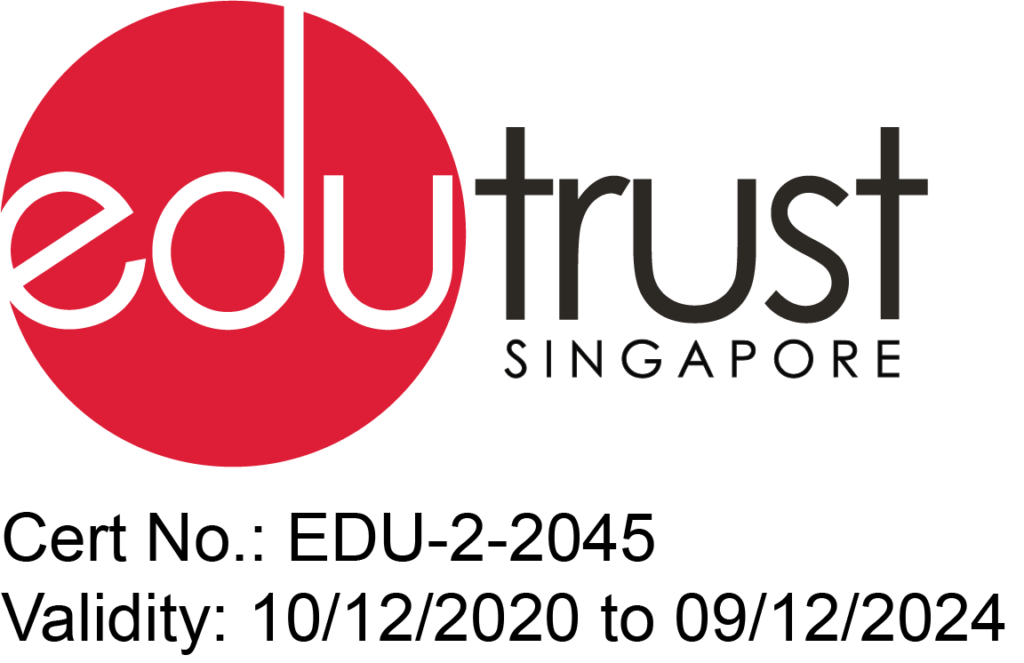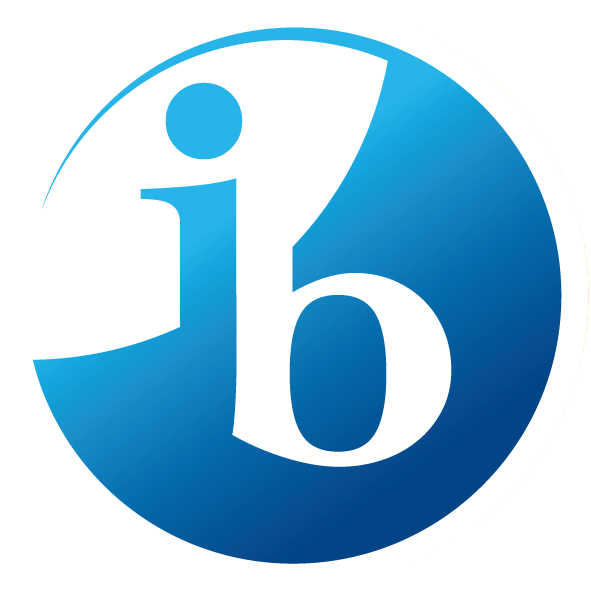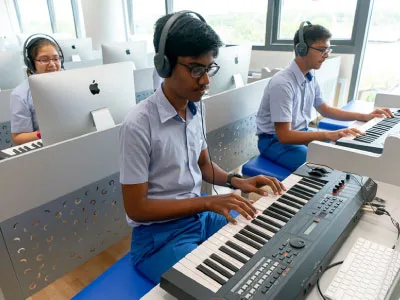While most Singapore schools provide the basic primary, secondary, and higher education levels, a select few institutions additionally provide a unique and competitive curriculum known as the International Baccalaureate (IB) Program for students aged 16 to 19 (pre-university time period). It is an intellectually difficult and well-balanced secondary school curriculum.
What is the IB Program?
The IB programme and its curriculum emphasises nurturing creativity and imagination and is known for their high academic standards and purpose of becoming global citizens of the twenty-first century. This curriculum prepares your kid for university standards, making it simpler for them to apply to colleges and pursue further education. However, it is a tough programme that will need hard effort and a desire to study.
IB Indian schools in Singapore offer three different levels of programmes: IB Primary Years Programme for students in Grades 1 to 5, IB Middle Years Programme for students in Grades 6 to 8, IGCSE or CBSE for students in Grades 9 to 10, and finally the IB Diploma Programme (IBDP) for students in Grades 11 to 12. Parents who wish their children to begin their IB adventure earlier might pick from the kindergarten or Montessori curricula offered by Singapore Indian Schools.
The International Baccalaureate Diploma Curriculum (IBDP) is a two-year educational programme aimed largely at 16 to 19-year-olds in nations all over the world. The curriculum offers a worldwide perspective.
The Requirements to Join the IB Program
For college applications and other uses, this certificate becomes a valuable credential. Students in the IB diploma programme are expected to:
1. Choose courses carefully and pass all six subject tests.
2. At the demanding upper level, the student must choose three or four of these IB diploma topics.
3. The remaining subjects will be taken on a regular basis.
There are three more essential prerequisites in addition to passing these subjects:
1. Students are required to create a comprehensive and informative essay based on their own research.
2. Second, students are required to enrol in a Theory of Knowledge course. The topics of critical thinking and epistemology are covered in this course.
3. Finally, in addition to academic brilliance, the student must participate in a variety of extracurricular activities.
The Benefits of Attending an IB School in Singapore
Make Learners and Leaders Who are Self-Reliant
Inquiry-based learning is taught to students at IB schools, which pushes them to think critically and solve issues on their own. Learning this at a young age can help a pupil develop into a self-sufficient individual who makes judgments based on a comprehensive investigation. This enables them to make well-informed judgments and to lead their team to success in a systematic manner.
This trait is taught in the curriculum through a variety of research-based projects and essays that students must complete on their own. Individual research projects are interwoven into the four frameworks outlined above, not just with academics but also with extracurricular activities.
Establishes a Solid Academic Foundation
Students who complete this programme will be well equipped for jobs or university. A typical IB school offers six topics to pupils instead of the four or five that other schools provide. The option of selecting six disciplines allows students to better understand their strengths and limitations in each area, allowing them to select a profession that is right for them.
Students are taught time management, critical reasoning, and creative problem-solving abilities among the six topics. In a university atmosphere, these qualities are well-known and essential. It enables individuals to stay concentrated and work until they get their desired result.
Encourages a Global Perspective
Along with high-quality education, the program places a significant value on diversity. It cultivates a one-of-a-kind ability to learn through life/travel experiences as well as exposure to a variety of languages and cultures.
With over 1000 IB World Schools worldwide, the curriculum recognises the value of variety and community. Students who have graduated from this programme appreciate the relevance of the curriculum and get an appreciation for the exposure, which helps them stand out in today’s globalised society.
Also Read: Enjoy Elementary School Education with Fun Learning IB Program
Thinking Analytically
Students are encouraged to think critically not just in their academics and projects, but also in their daily life, thanks to the IB Program. Analytical thinking, according to the programme, boosts pupils’ desire to study.
They are encouraged to think analytically, as well as to analyse, appraise, connect, synthesise, reflect, and ask questions about any topic that interests them. As time passes, these talents become second nature to them and become ingrained in their career or university.
Analytical thinking is an important talent to develop since it helps a young child’s inquisitive nature build and follow a framework when studying or working.
Provides Important Experiences Outside of the Classroom
As previously said, schools that offer the IB Program not only focus on academic advancement but also cultivate a feeling of community duty in their students. Their numerous extracurricular activities aid in the development of empathy and an understanding of the significance of caring.
An IB school takes care to incorporate such activities in the school curriculum that teaches its pupils the significance of “giving back,” whether it’s through a cleanliness drive, sapling plantation, or field excursions to other NGOs.
Conclusion
It is the responsibility of parents and schools to provide an environment in which children may completely develop their talents and knowledge, and proudly, cheerfully, and effectively demonstrate their potential to the rest of the world. To acquire brilliance, every brilliant intellect need some instruction and polishing!

































